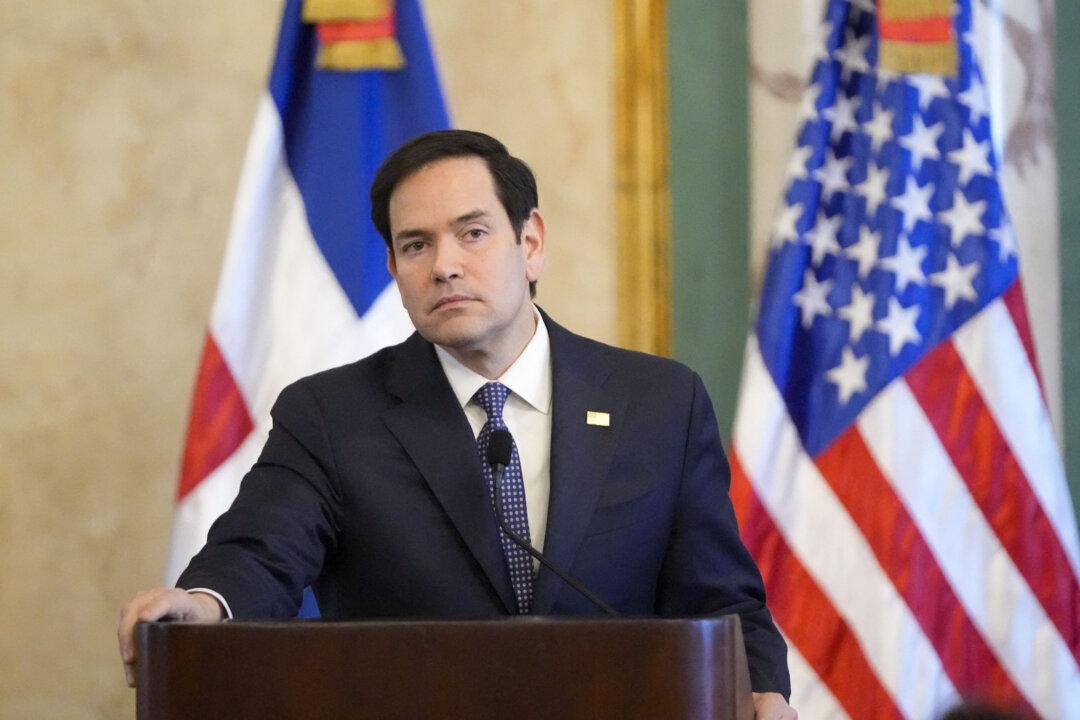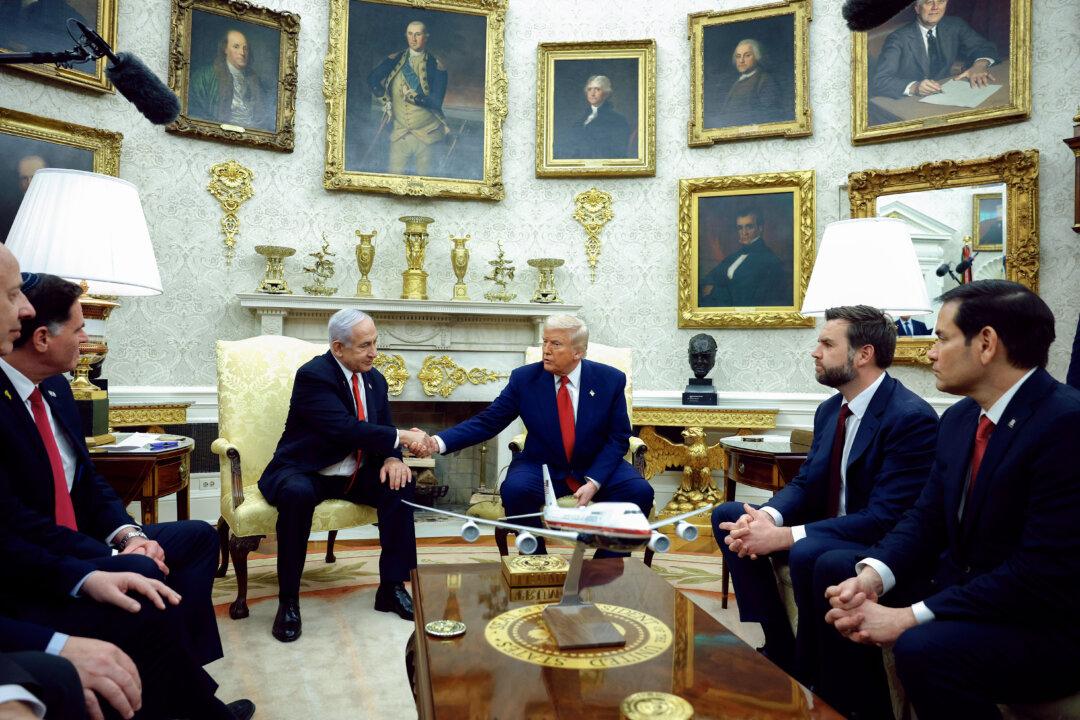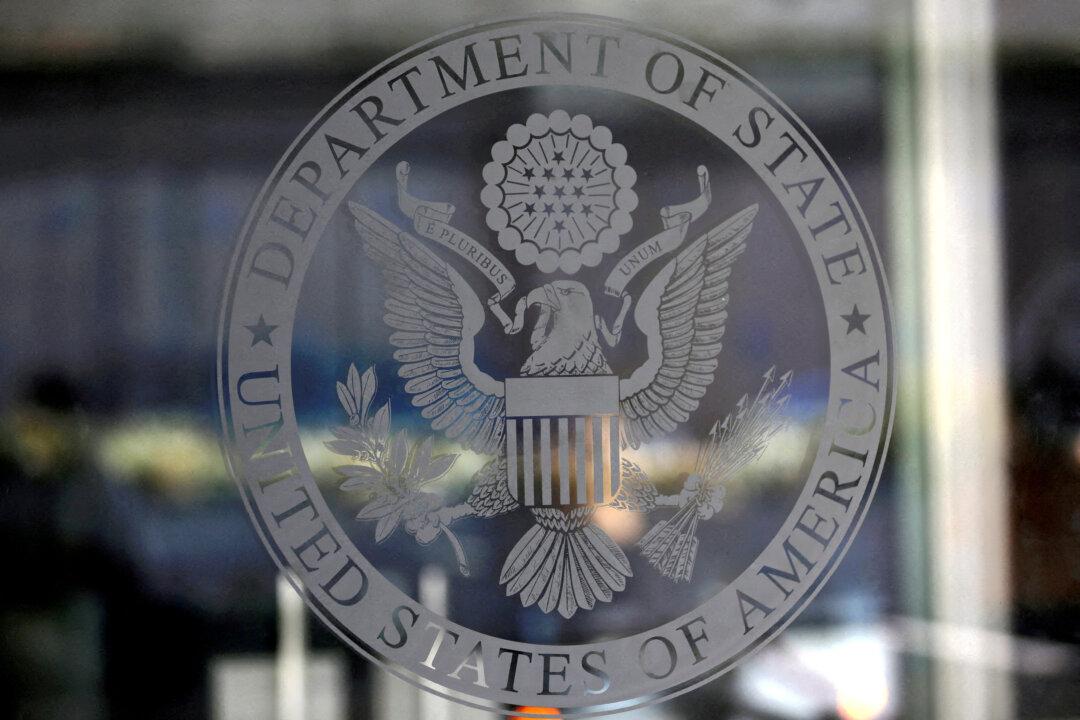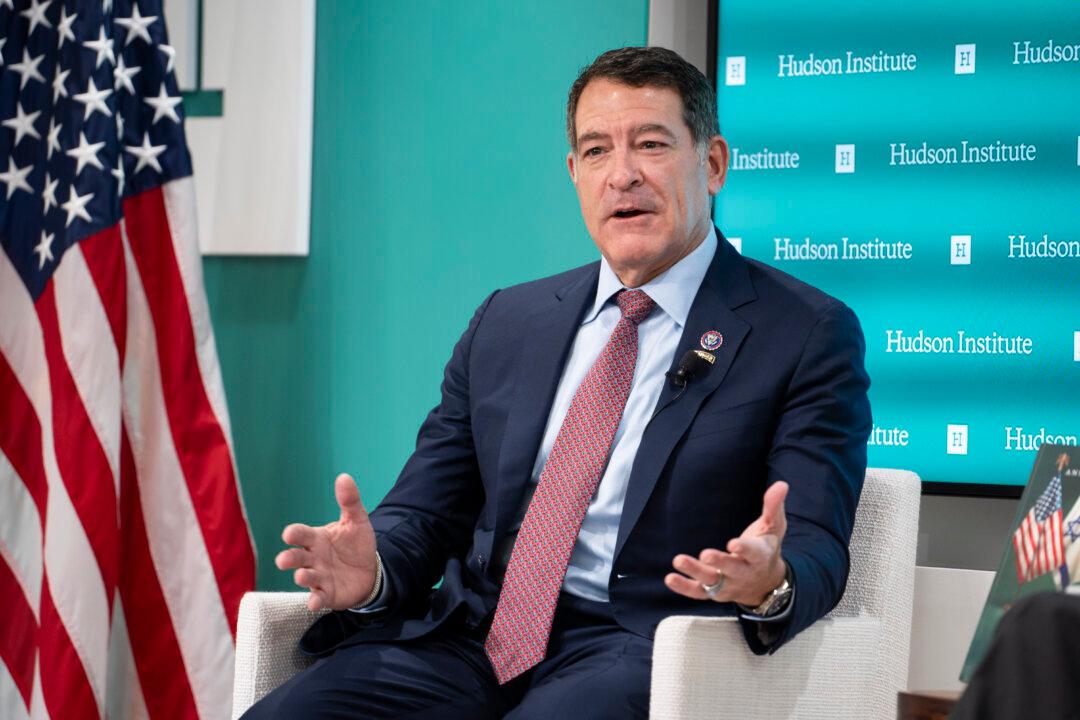Secretary of State Marco Rubio on Feb. 25 announced that the United States has expanded its visa restrictions to include exporters of Cuban labor, particularly medical missions abroad.
Rubio said in a statement that the restrictions target individuals and their immediate family members believed to be responsible for the labor export programs, which he said “enrich the Cuban regime.”





